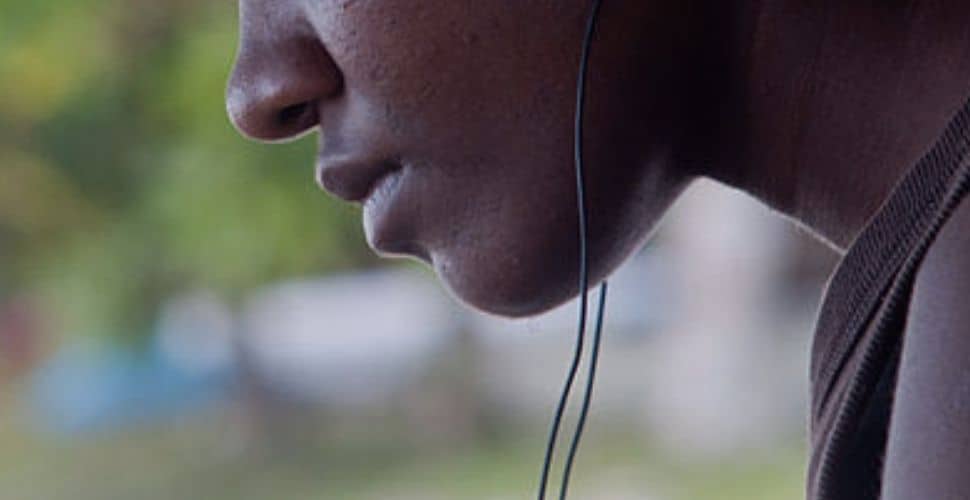A legal case being brought by a group of almost a dozen Kenyan former domestic workers who worked in Gulf states alleges the Kenyan government failed to protect them from modern slavery and human trafficking.
The group of former domestic workers bringing the case, which was filed by Kenyan rights groups in February this year, allege that the Kenyan government did not investigate cases of deaths and abuse that were brought to their attention.
Employment at what cost?
The Kenyan government has increased efforts in recent years to secure employment opportunities for its citizens in the Gulf. But this has come at the expense of securing robust protections against exploitation and abuse for its citizens. For domestic workers in particular, protections from exploitation are much needed given the nature of the work, much of which goes on behind closed doors in private households.
Traveling abroad to secure employment is often the only choice available for Kenyan nationals who are impacted by the high rates of unemployment in the country and struggle to make ends meet.
Saudi Arabia is an important source of remittances into Kenya. Migrant workers in the Middle East country reportedly sent roughly £237m to their families in Kenya last year.
Instead of being governed under national labor laws like other workers, the notorious kafala sponsorship system governs the relationship between migrant domestic workers and their employers. Under this system, which is present across many of the Gulf states, migrant domestic workers’ right to live and work in the country is tied to their employer. This means that employers can threaten workers with losing their jobs and thus becoming undocumented if they report abuse to the authorities.
As a result of this inevitable power imbalance driven by the kafala system, abusive employers are able to exploit migrant workers in their homes, knowing that these workers have little recourse to justice.
Migrant domestic workers are dying
Kenyan migrant domestic workers are also dying in Saudi Arabia, with 89 domestic worker deaths recorded in the country between 2020 and 2021. As a result, rights groups are criticizing the Kenyan government for not doing enough to address allegations of mistreatment from Kenyan domestic workers in the Gulf. They are also calling on the Kenyan government to do more to protect its citizens from the kafala system.
John Mwariri is a lawyer at Kituo cha Sheria, a legal aid organization in Kenya who is bringing the case against the Kenyan government on behalf of the group of former domestic workers. He said, “This is a matter of grave public interest […] Many of our Kenyan citizens have been abused and are dying there. There is an urgent need for protection.”
One of the women bringing the case is Purity Mbogo. In 2020 she heard about a potential teaching role in Qatar, only to learn that the recruitment agency she was with ended up placing her in a housekeeping role in Saudi Arabia instead.
Caroline Kimeu at the Guardian reports:
In her written testimony to the court, seen by the Guardian, Mbogo claims her phone and passport were confiscated upon arrival, leaving her unable to communicate with her family for months. She says she was hit with a hot iron when she complained about the seizure of her phone. She found her way back to Kenya in late 2020, after her family helped her get out of Saudi Arabia.
“I would never return to that country,” Mbogo told the Guardian.
Take action!
Domestic work is an important source of employment but the people behind these numbers are too often invisible behind the doors of private households and unprotected by national legislation. This allows for the worst types of abuse often amounting to modern slavery.
Tougher rules to protect domestic workers are long overdue. By sending a message to the Government of your country today you can help start a domino effect until all countries take action. Sign the petition today!







Freedom United is interested in hearing from our community and welcomes relevant, informed comments, advice, and insights that advance the conversation around our campaigns and advocacy. We value inclusivity and respect within our community. To be approved, your comments should be civil.